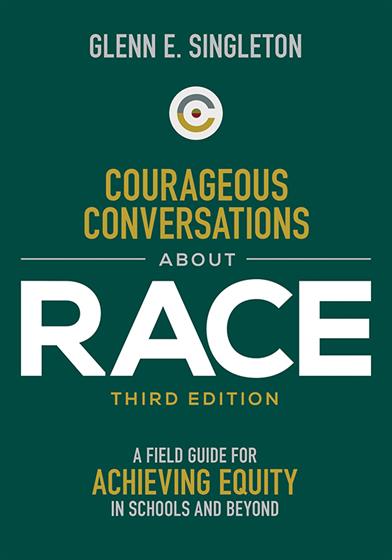"It's Bigger Than Just a Book Challenge": A Collective Case Study of Educators' Experiences With Censorship
By Danielle E. Sachdeva, PhD; Sue C. Kimmel, PhD; and J. Sebastián Chérres, BA, BBA
Teachers College Record; 2023; Volume 125, Issue 6
Have you faced censorship when choosing books for your students? Teachers and librarians face censorship when books used in the curriculum and featured in school libraries are challenged (overt censorship), or silently removed or excluded (preemptive censorship). This study reveals educators’ perceptions of censorship and shares the resources that they use to ensure that children have access to diverse literature. With the recent rise in book challenges, everyone can learn from these important lessons.
Seven teachers shared their experiences in which a total of 17 books were called into question: eight due to LGBTQIA+ content; four related to racial justice; one related to teen suicide; one related to adult themes such as sex and alcohol; two due to language; and one for unknown reasons. Of the 17 books, six were pulled from either one student or all students. The educators in the study shared their opinions on the purpose of books as an integral part of democracy and as a vehicle through which students are made aware of experiences beyond their own. The educators also voiced a central part of their identities as champions of students’ rights to access and intellectual freedom.
Besides drawing on beliefs of the importance of being an advocate for students, educators discussed important information and necessary training when preparing for challenges. These lessons and other findings include: 1) awareness of institutional policies before a challenge; 2) knowledge of book reviews, awards, and lists that can be used as support for book choices, 3) collected data on themes that are searched by students, 4) participation in teacher preparation programs explicitly focusing on censorship, 5) attendance in professional development for teachers and librarians highlighting case studies, 6) knowledge of possibly controversial books in order to gain advance administrator approval, and 7) involvement in discourse communities which may help educators challenge their own beliefs on select books.
Related Titles
Recommendations and Resources
- Everyone should read the case studies of seven teachers’ experiences in the Findings section, including specifics on which books were challenged, by whom and why, and how teachers navigated the challenges.
- The American Library Association (ALA) distributes “The Library Bill of Rights & the Freedom to Read Statement” which outlines guidelines, ideals, and policies to help educators.
- A useful tool embedded in the article is the ALA Recommended Procedure to Address Formal Book Challenges and Complaints.
- The National Council of Teachers of English (NCTE) site features a database of teacher-written book rationales along with plot summaries, teaching objectives, grade-level suggestions, and alternative book titles.
- The National Coalition Against Censorship (NCAC) also provides support for educators facing challenges.
- In addition, you can become familiar with the resources provided by the American Library Association (ALA).
Reflection Questions and Next Steps
- Have you experienced censorship when choosing books for your classroom or library? Was this overt censorship where a parent or organization filed a written complaint or was this preemptive censorship where a book silently disappeared? Has potential controversy around a title ever led you to make the decision to avoid its inclusion in the curriculum?
- Do you believe that you should make books of diverse and equitable themes accessible to students? Are you ever afraid to do so? Why?
- After reading the case studies, what steps might you take to prepare for a book challenge before it happens?
- Are you aware of your school or district having a book challenge policy or procedure?
- Have you felt that colleagues shy away from including diverse books due to their own beliefs and/or preconceived ideas about the books? Would you be open to starting a discourse community at your school around a relevant and/or controversial book?
